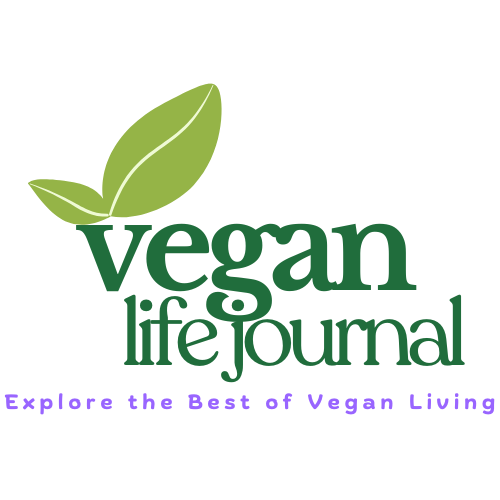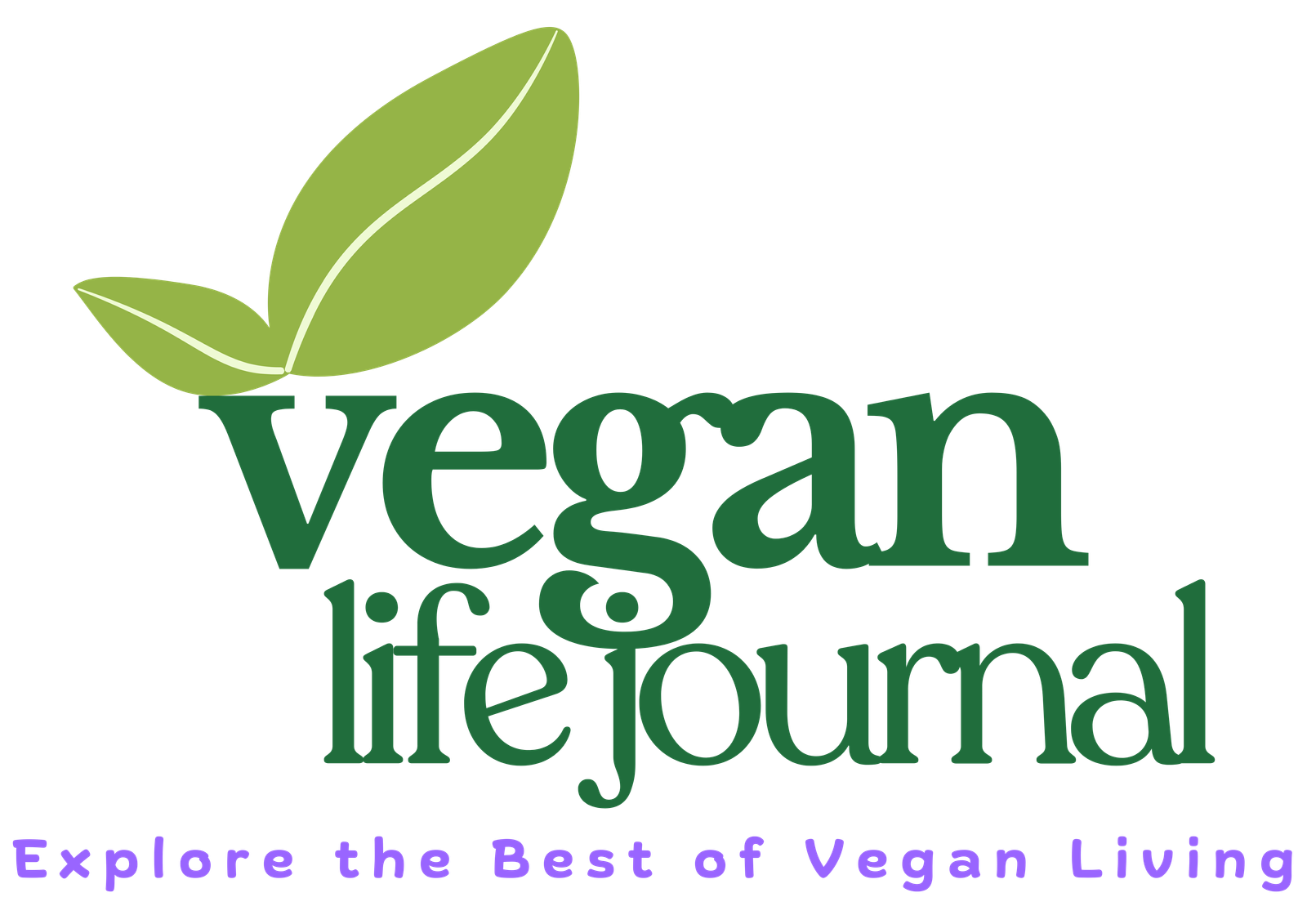When you think of vegan foods, fruits, vegetables, grains, and other plant-based items typically come to mind. However, navigating the world of veganism often reveals unexpected surprises. Many foods that seem vegan on the surface may hide animal-derived ingredients, making it tricky for even the most diligent plant-based eaters. In this article, we’ll uncover 13 surprising foods you might think are vegan but aren’t and explain why they’re not.
1. Beer and Wine
While made from fermented grains or grapes, not all beer and wine are vegan. Many producers use fining agents such as isinglass (fish bladder), gelatin, casein (milk protein), or egg whites during the filtration process to clarify the beverage. Thankfully, vegan-friendly options exist, and apps like Barnivore can help identify them.
2. Sugar
Refined sugar is often processed using bone char—a material made from charred animal bones—to achieve its bright white color. This is especially common with white and brown sugars in the United States. Look for organic, unrefined, or beet-derived sugar to ensure your sweetener is vegan.
3. Worcestershire Sauce
This popular condiment is a staple for marinades and dressings, but it usually contains anchovies. For a vegan-friendly alternative, opt for brands specifically labeled as vegan or make your own using tamari, vinegar, and spices.
4. Candy (Gummies, Marshmallows, and More)
Many candies, including gummy bears, marshmallows, and jellybeans, contain gelatin, an ingredient made from boiling animal skin, bones, and connective tissues. Additionally, some candies may use shellac (from insects) or carmine (crushed beetles) for coating or coloring. Vegan-certified candies are becoming more widely available, so check labels carefully.
5. Bread
While bread is generally plant-based, some recipes call for milk, butter, eggs, or honey. Additionally, certain artisan breads may use non-vegan dough conditioners like L-cysteine, derived from poultry feathers or human hair. Check ingredient lists or stick with clearly labeled vegan bread.
6. Chips and Snacks
Potato chips and other snacks often seem like safe bets, but many are flavored with dairy products or animal-derived seasonings like chicken fat or beef extract. Even seemingly simple options like salt-and-vinegar chips may contain lactose. Always read the packaging to avoid hidden animal products.
7. Non-Dairy Creamers
Ironically, many non-dairy creamers are not vegan. They may contain casein, a milk-derived protein, or other animal-based additives. To ensure your coffee creamer is truly vegan, look for certified vegan brands or plant-based milk alternatives.
8. Certain Pasta
Dry pasta is usually vegan, but fresh or homemade varieties often include eggs. Ravioli, tortellini, and other stuffed pastas may also contain non-vegan fillings like cheese or meat. Look for brands labeled vegan or opt for dry pasta when in doubt.
9. Soup and Broth
Many soups and broths, even vegetable-based ones, can contain chicken or beef stock as a base. Creamy soups might include dairy products. Always verify ingredient labels or prepare your own vegan soups at home.
10. Orange Juice
It’s hard to believe, but some orange juice brands fortify their products with omega-3 fatty acids derived from fish oil or vitamin D3 sourced from lanolin (sheep’s wool). Stick to organic or explicitly labeled vegan juices to avoid these hidden animal ingredients.
11. Refried Beans
Refried beans are a staple in many plant-based diets, but traditional recipes often include lard (pig fat). Look for canned refried beans marked as vegetarian or vegan, or make your own to ensure they’re animal-free.
12. Chocolate
Dark chocolate is often a go-to vegan treat, but not all dark chocolate is dairy-free. Some contain milk fat, whey, or butter oil. To enjoy guilt-free chocolate, choose brands labeled dairy-free or vegan.
13. Salad Dressings
Many store-bought salad dressings contain ingredients like dairy, eggs, or even anchovies (common in Caesar dressing). Vegan dressings are readily available, or you can whip up a simple homemade vinaigrette.
How to Avoid Non-Vegan Surprises
To ensure your food choices align with your vegan lifestyle:
- Read Labels Thoroughly: Always check ingredient lists, as animal-derived additives can hide under unfamiliar names.
- Look for Certifications: Vegan-certified products make it easier to shop with confidence.
- Research Brands: Familiarize yourself with brands known for their vegan-friendly practices.
- Use Apps: Tools like Barnivore and HappyCow can help identify vegan options and restaurants.
- Cook at Home: Preparing meals at home gives you complete control over ingredients.
Why This Matters
Understanding which foods are surprisingly not vegan is crucial for maintaining an ethical, plant-based lifestyle. Beyond personal dietary choices, supporting vegan-friendly brands encourages more companies to adopt animal-free practices, benefiting animals, the planet, and human health.
Whether you’re a seasoned vegan or new to the lifestyle, being informed about hidden animal products empowers you to make better choices and advocate for a more compassionate world.
Conclusion
As veganism grows in popularity, so does the availability of plant-based alternatives. While it’s easier than ever to maintain a vegan lifestyle, hidden animal-derived ingredients can still complicate matters. By staying informed and vigilant, you can navigate the grocery aisles with confidence and avoid foods that aren’t as vegan-friendly as they seem.
Let us know in the comments: Which of these foods surprised you the most? Are there other sneaky non-vegan foods we missed? Share your experiences and tips below!


